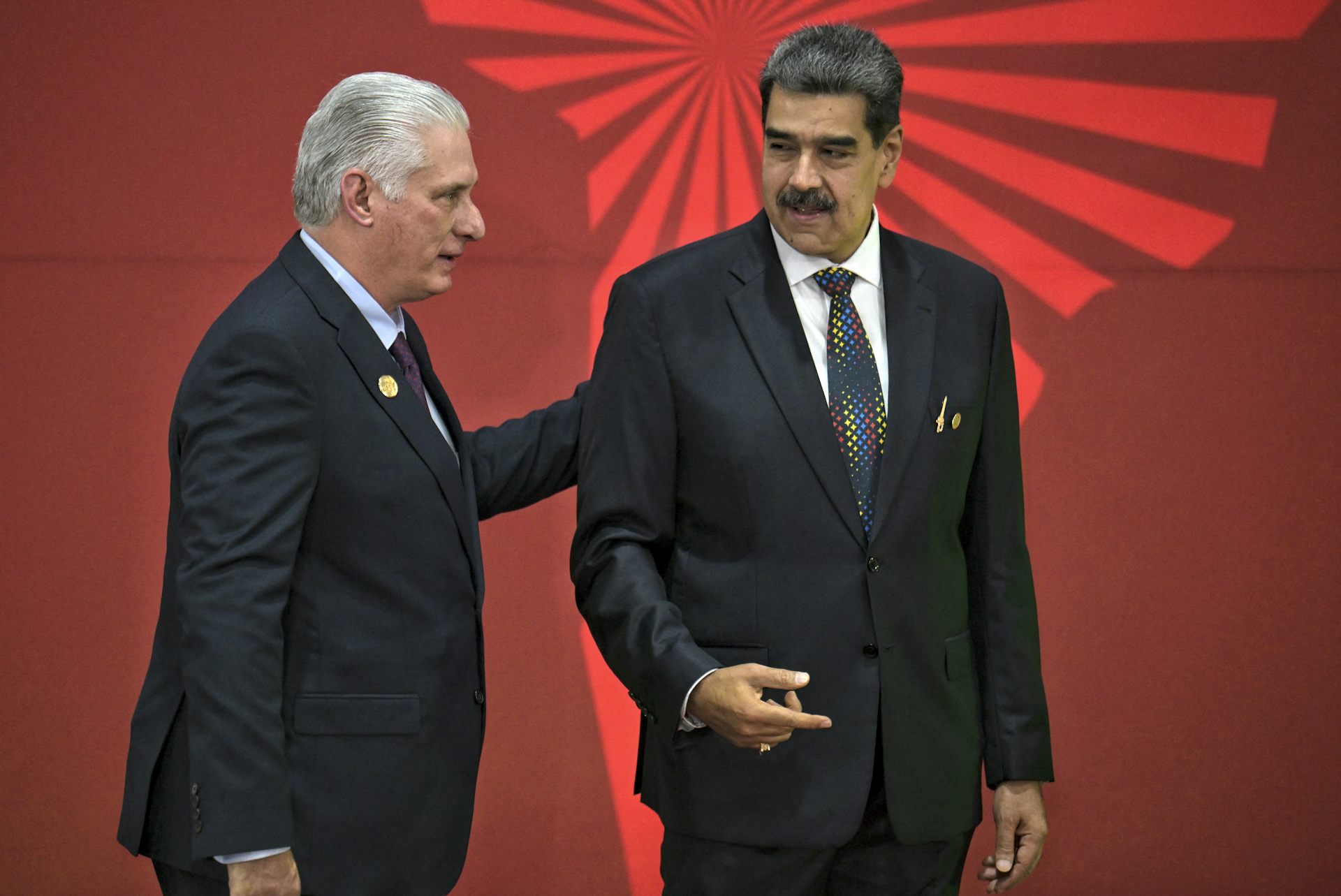Should the US stay in the Paris Agreement? A majority of Democrats and Republicans think so
The White House is deciding whether or not to stay in the Paris climate agreement. But a large majority of Americans – including Trump voters – want the U.S. to participate and lead.

In December 2015, officials from nearly every country in the world met in Paris to negotiate a global agreement to limit global warming. Last April, the U.S. and 174 other countries signed the agreement, with most of the others following suit since then.
For the past month, President Donald Trump and his senior advisers have wrestled over whether to keep the U.S. in the Paris climate agreement, repeatedly postponing their meeting to reach a final decision. This week, Trump is reportedly planning to pull the U.S. out of the agreement.
We would not presume to know the mind of the POTUS or his senior advisers. But, because we have polled the American people about climate change nearly two dozen times in recent years, we have a good understanding of what voters think about this issue.
Our research finds that a clear majority of Americans say that global warming is happening, human-caused and a serious threat requiring action. More specifically, there is broad public support for the Paris Agreement – even among Trump voters.
Support for Paris
By more than 5 to 1, voters say the U.S. should participate in the Paris climate agreement.
In a nationally representative survey conducted last November after the election, we found that seven in 10 registered voters say the U.S. should participate in the Paris climate agreement. Only 13 percent say the U.S. should not.

Majorities of Democrats and Independents, as well as half of Republicans, say the U.S. should participate. Only conservative Republicans are split, with marginally more saying the U.S. should participate than saying we should not.
By nearly 2 to 1, Trump voters say the U.S. should participate in the Paris Agreement. Almost half of Trump’s voters say the U.S. should participate, compared with only 28 percent who say the U.S. should not.

We have also found that a majority of Americans in all 50 states say that the U.S. should participate in the Paris climate agreement.
Even states with the lowest levels of popular support – West Virginia (52 percent support), North Dakota (56 percent) and Kentucky (56 percent) – have a majority of citizens who say the U.S. should participate in the global agreement. So do the states that provided President Trump with his electoral win: Pennsylvania (68 percent), Michigan (65 percent) and Wisconsin (64 percent).

Attitudes toward climate change
Over the past decade, a growing number of Americans have come to understand that global warming is happening and that Americans are already being harmed by it.
A small and declining number of Americans continue to dismiss the reality and the risks of global warming. Our analysis finds that, currently, 9 percent of Americans have what we characterize as “dismissive” beliefs about the issue. Meanwhile, 18 percent are “alarmed” (i.e., very concerned about the issue) and 34 percent are “concerned” (moderately concerned about the issue).

Conservative Republicans are the least likely to accept that global warming is happening. However, large numbers of conservative Republicans have revised their views in the past several years.
Between spring of 2014 and fall of 2016, the proportion of conservative Republicans who said that global warming is happening increased 18 percentage points – from 28 percent to 46 percent. It is rare to see such a large change in public attitudes in such a short span of time, especially on issues that have long been debated and politically polarized.
It’s too soon to know if President Trump will side with the nationalists on his advisory team who want to withdraw from the Paris Agreement, or whether he will side with his moderate advisers (including members of his own family) and with dozens of American business leaders who want the United States to remain in the Paris Agreement.
However, one thing is clear: Americans and American voters – by a wide margin – want our nation to remain a participant and leader in the international agreement to reduce global warming pollution.
This is an updated version of an article originally published on May 14, 2017.
Ed Maibach receives funding from National Science Foundation, NASA, and Energy Foundation.
Anthony Leiserowitz receives funding from the National Science Foundation, the Skoll Global Threats Fund, the MacArthur Foundation, the Grantham Foundation, the 11th Hour Project, and the Energy Foundation.
Jennifer Marlon receives funding from the National Science Foundation.
Read These Next
ICE killing of driver in Minneapolis involved tactics many police departments warn against − but not
Police departments have changed their policies regarding use of force over the years to protect life,…
Racial profiling by ICE agents mirrors the targeting of Japanese Americans during World War II
Asian Americans have drawn parallels between today’s attacks on Latinos and a historically exclusive…
Cuba’s leaders just lost an ally in Maduro − if starved of Venezuelan oil, they may also lose what r
Conditions on the ground in Cuba are so grim that the Trump administration thinks Havana could fall…






